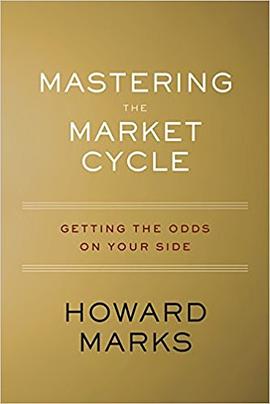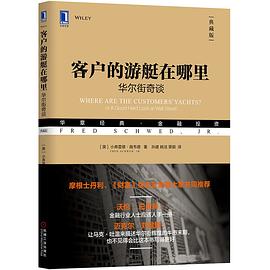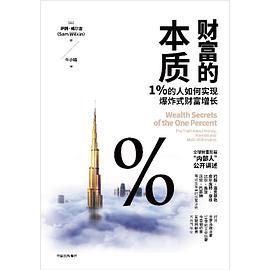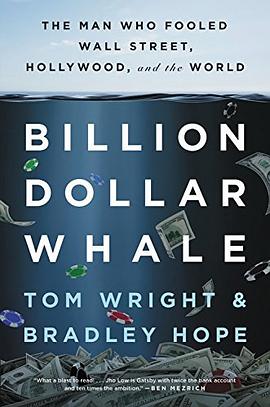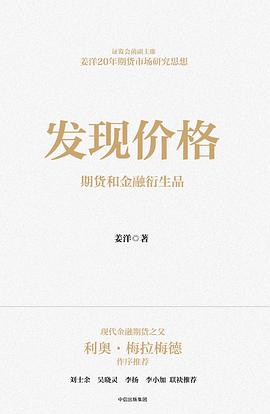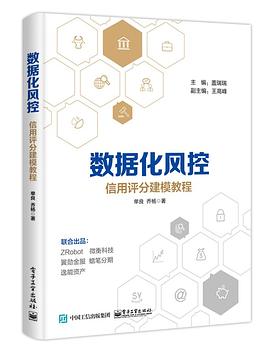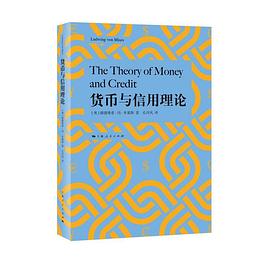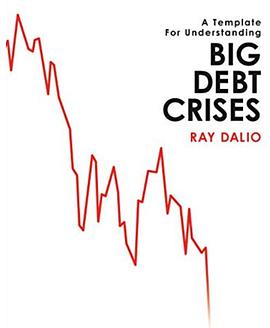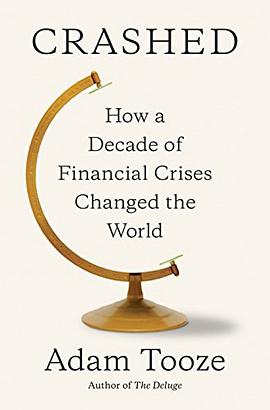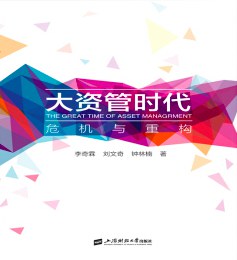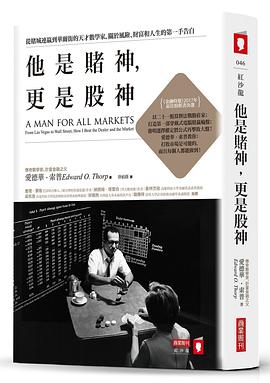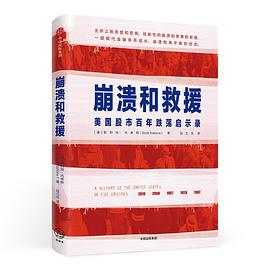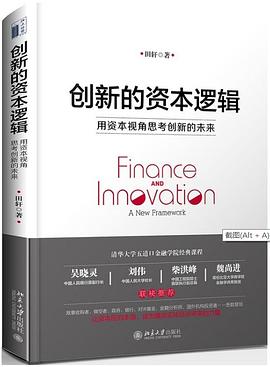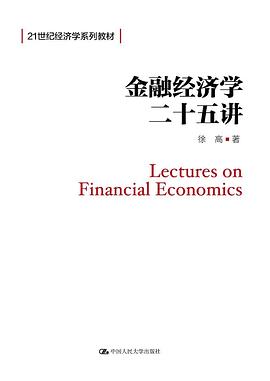
具体描述
Ray Dalio is the founder, Co-Chief Investment Officer and Co-Chairman of Bridgewater Associates. Bridgewater is a global asset manager and leader in institutional portfolio management as well as the largest hedge fund in the world. Under Ray s guidance, Bridgewater has developed a distinctive culture, an idea-meritocracy that produces meaningful work and meaningful relationships through radical truth and radical transparency that is the foundation of the firm s success. Since starting Bridgewater out of his two-bedroom apartment in New York in 1975, Ray has grown the firm into the largest hedge fund in the world, the 5th most important company in the U.S. according to Fortune Magazine, and has led it to make more money for clients than any other hedge fund since its inception, according to LCH Investments. For his innovative work as well as being a valued advisor to many global policy makers, Ray has also been called the Steve Jobs of Investing by CIO Magazine and Wired Magazine, and been named one of TIME Magazine s 100 Most Influential People. Over the past three decades, he wrote down his decision-making criteria and has recently passed along his principles and tools through his book, Principles: Life & Work, a New York Times #1 Bestseller and Amazon #1 Business Book of 2017.
"Ray Dalio's excellent study provides an innovative way of thinking about debt crises and the policy response." - Ben Bernanke
"Ray Dalio's book is must reading for anyone who aspires to prevent or manage through the next financial crisis." - Larry Summers
"A terrific piece of work from one of the world's top investors who has devoted his life to understanding markets and demonstrated that understanding by navigating the 2008 financial crisis well." - Hank Paulson
"An outstanding history of financial crises, including the devastating crisis of 2008, with a very valuable framework for understanding why the engine of the financial system occasionally breaks down, and what types of policy actions by central banks and governments are necessary to resolve systemic financial crises. This should serve as a play book for future policy makers, with practical guidance about what to do and what not to do." - Tim Geithner
On the 10th anniversary of the 2008 financial crisis, one of the world's most successful investors, Ray Dalio, shares his unique template for how debt crises work and principles for dealing with them well. This template allowed his firm, Bridgewater Associates, to anticipate events and navigate them well while others struggled badly.
As he explained in his #1 New York Times Bestseller, Principles: Life & Work, Dalio believes that most everything happens over and over again through time so that by studying their patterns one can understand the cause-effect relationships behind them and develop principles for dealing with them well. In this 3-part research series, he does that for big debt crises and shares his template in the hopes reducing the chances of big debt crises happening and helping them be better managed in the future.
The template comes in three parts provided in three books: 1) The Archetypal Big Debt Cycle (which explains the template), 2) 3 Detailed Cases (which examines in depth the 2008 financial crisis, the 1930's Great Depression, and the 1920's inflationary depression of Germany's Weimar Republic), and 3) Compendium of 48 Cases (which is a compendium of charts and brief descriptions of the worst debt crises of the last 100 years). Whether you're an investor, a policy maker, or are simply interested, the unconventional perspective of one of the few people who navigated the crises successfully, A Template for Understanding Big Debt Crises will help you understand the economy and markets in revealing new ways.
用户评价
##魏玛共和国和29年大萧条的例子非常清晰。学了这么多年二战史,竟然是看了dalio的书之后才终于明白了一直不明白的事。算是一个意外的收获。在理论方面,dalio的模型其实没有什么特殊的。只是更量化统一的说明了,在危机时放水时必须的,货币贬值是必须的。其他的道德和政治争议,比如放水是不是便宜了黑心资本家,比如说是不是要给政府或银行一个教训,这些争论都要往后放。因为在当下,这些因素都只会让经济每况愈下,无法回复。但他整理的历史也侧面说明了,在真实世界里,做“正确的放水决定”是很困难的,政策执行人常常会反复,所以一旦进入危机周期,每一次不彻底的政策带来的部分反弹,都难掩整体的下行趋势。
评分 评分通过对历史上债务危机的研究,Ray Dalio和桥水分享了理解债务危机运行的模板。书中将债务危机分为两大类:通缩型债务危机(本币计价债务)和通胀型债务危机(外币计价债务,不容易化解),而减债/去杠杆的措施Ray在之前提过很多次,分别是紧缩、债务违约/重组、QE和印钞票、财富转移再分配(这一条是新增加的),如果政策制定者能够快速反应并运用好手中工具,能够实现化解债务危机。其中对魏玛德国恶性通胀、大萧条和次贷危机进行了非常详细的解读,可以感觉出来Ray对次贷危机后美联储和财政部的应对措施极其欣赏。附录介绍的宏观审慎政策工具,本质就是指导信贷局部调整,其中一条Changing accounting rules on different assets,这就是20天前人民银行重启的“逆周期因子”吧。。
评分妈的这本书实在是太艰深难懂了,我以我荒废6年的六级英语水平只读出来一点体会——本质上没有方法解决债务危机!唯一的方式就是赖账,所谓债务重组就是债务违约,除此之外还有各种各样的专业词汇和叫法,但是无外乎就是把债务由原来集中在信用不良的人那里扩散给全体人民,这个...
评分 评分 评分 评分通过对历史上债务危机的研究,Ray Dalio和桥水分享了理解债务危机运行的模板。书中将债务危机分为两大类:通缩型债务危机(本币计价债务)和通胀型债务危机(外币计价债务,不容易化解),而减债/去杠杆的措施Ray在之前提过很多次,分别是紧缩、债务违约/重组、QE和印钞票、财富转移再分配(这一条是新增加的),如果政策制定者能够快速反应并运用好手中工具,能够实现化解债务危机。其中对魏玛德国恶性通胀、大萧条和次贷危机进行了非常详细的解读,可以感觉出来Ray对次贷危机后美联储和财政部的应对措施极其欣赏。附录介绍的宏观审慎政策工具,本质就是指导信贷局部调整,其中一条Changing accounting rules on different assets,这就是20天前人民银行重启的“逆周期因子”吧。。
评分##据说人类是特别需要确定性的物种,有时候为了避免不确定性带来的焦虑与恐惧,宁可第一时间跳到简单(而错误)的结论并就此以为己见而顽固守住。 当此乱世,个体自然更需要明确答案带来的安全感,于是很可能更喜欢读Big Debt Crises而不是Antifragile——因为Dalio语言简洁通俗...
相关图书
本站所有内容均为互联网搜索引擎提供的公开搜索信息,本站不存储任何数据与内容,任何内容与数据均与本站无关,如有需要请联系相关搜索引擎包括但不限于百度,google,bing,sogou 等
© 2025 book.idnshop.cc All Rights Reserved. 静思书屋 版权所有


